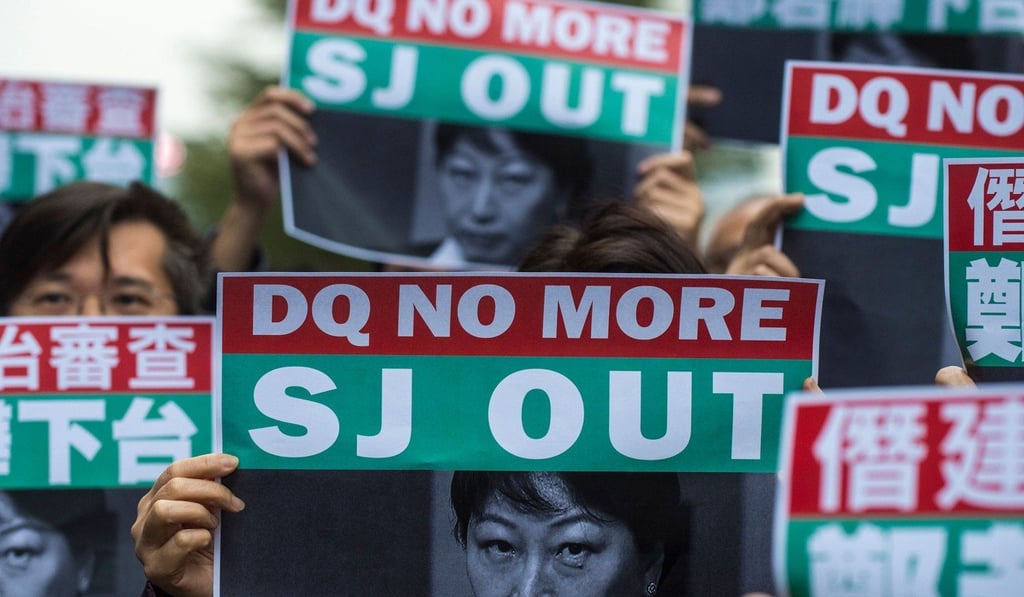Advertisement
Opinion | Hong Kong’s protest crisis rages on and judicial independence is under fire, but where is our justice minister?
- Apart from the irony of controversy-prone Secretary for Justice Teresa Cheng touting Hong Kong as a dispute resolution centre while the city burns, she has missed important court rulings and their fallout
Reading Time:3 minutes
Why you can trust SCMP

Hong Kong has one minister with a very special talent: political obliviousness. Secretary for Justice Teresa Cheng Yeuk-wah’s signature political ineptitude was laid bare even before she took office, when it was first revealed that she had illegal structures at her home. Subsequently, we learned of illegal structures at three other properties she owned.
Illegal structures derailed Henry Tang Ying-yen’s bid for chief executive in 2012 — what was supposed to be a political slam dunk — and unauthorised modifications to one’s home have since become widely accepted as political suicide.
Timing, indeed, is not Cheng’s forte. But unfortunately, in politics, timing is everything. It was unfathomable that she was away on holiday and unavailable for comment when her department dropped a highly publicised corruption investigation into a former chief executive in December last year, without following the previous practice of seeking independent legal opinion. It is absurd that Cheng went to London while Hong Kong burns.
Advertisement
It is not just ironic that she made a trip overseas to promote Hong Kong as a centre for dispute resolution at this time, it is almost as if Cheng was wilfully taunting us.
When the city that she supposedly serves is under siege, overwhelmed by hate and hopelessness, and overrun by vigilantism, touting Hong Kong as dispute resolution centre is a slap in the face of all who have felt the impact of this crisis. Let’s not forget that Cheng played an instrumental role in creating this mess in the first place.
Advertisement
Let’s also not forget — because Cheng has been a magnet for so many controversies — that there was also a furore over her continuing to work on international arbitration cases after commencing her government post.

Advertisement
Select Voice
Select Speed
1.00x
